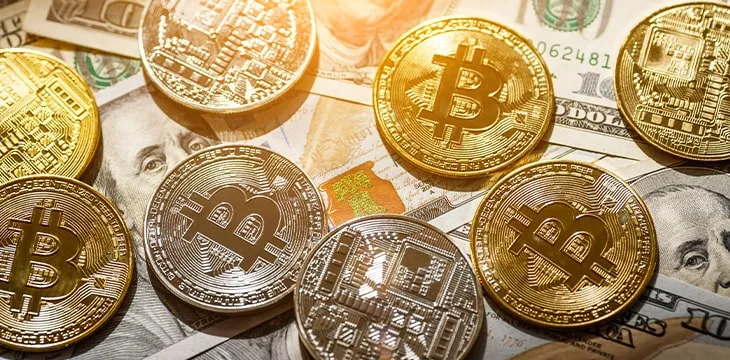|
Getting your Trinity Audio player ready...
|
Abra, a firm providing digital asset services to users, has signaled an intent to transform into a fully regulated financial institution in the United States sometime in 2023. The move was announced earlier this week at SALT New York 2023 and will be a state-chartered institution serving U.S.-based clients.
Abra, in a statement, said that upon launch, the company will hold the record as “the first regulated bank” in the region that will allow customers “to deposit and bank with digital assets, and access global fiat on and off ramps.” The firm’s ambitions extend to its international clientele after it launches a global branch of the bank.
“Abra believes that the best way to become the default Web 3 wallet and crypto bank for everyone is by embracing a global regulatory framework that provides for transparency, oversight, security, and agency,” the statement read.
Gleaning from the statement, Abra pledges to work with local regulators to foster confidence among users and regulatory agencies. The firm reiterated a stern commitment to the security of assets.
“Transparency means that Abra is committed to public disclosures on assets, liabilities, and risk management process,” Abra noted.
To ease the transition of users into the new digital asset bank, Abra will create Abra Boost, a new product for investors to earn interest on their deposits. Customers of Abra Earn might be confused over their status when Abra Boost launches on October 3, but the firm clears the air that all existing customers of Abra Earn will be automatically transitioned to the new offering.
“We believe that for Abra, this is a defining moment that brings us closer to our mission to make financial independence and well-being accessible to everyone, everywhere.
Evolve or die
Abra’s transition to a banking institution might open the floodgates for more digital asset service providers to follow the same path. The industry has operated, for the greater period of its lifespan, without a sufficient regulatory framework which has led to rising reports of fraud and hacking activity.
Confidence in the industry fell to an all-time low after the collapse of Terra, Celsius, Three Arrows Capital (3AC), and other lenders in the space. Investors lost billions in the ensuing rout, leaving tighter regulations as the only way out for the battered markets.
Banks in the U.S. are insured by the Federal Deposit Insurance Corporation (FDIC) with the standard insurance amount pegged at $250,000 per depositor. Service providers in the digital assets industry might be able to foster confidence in the sector by operating as regulated banking institutions in their jurisdictions.
Watch: The BSV Global Blockchain Convention panel, The Future of Digital Asset Exchanges & Investment

 07-04-2025
07-04-2025 





